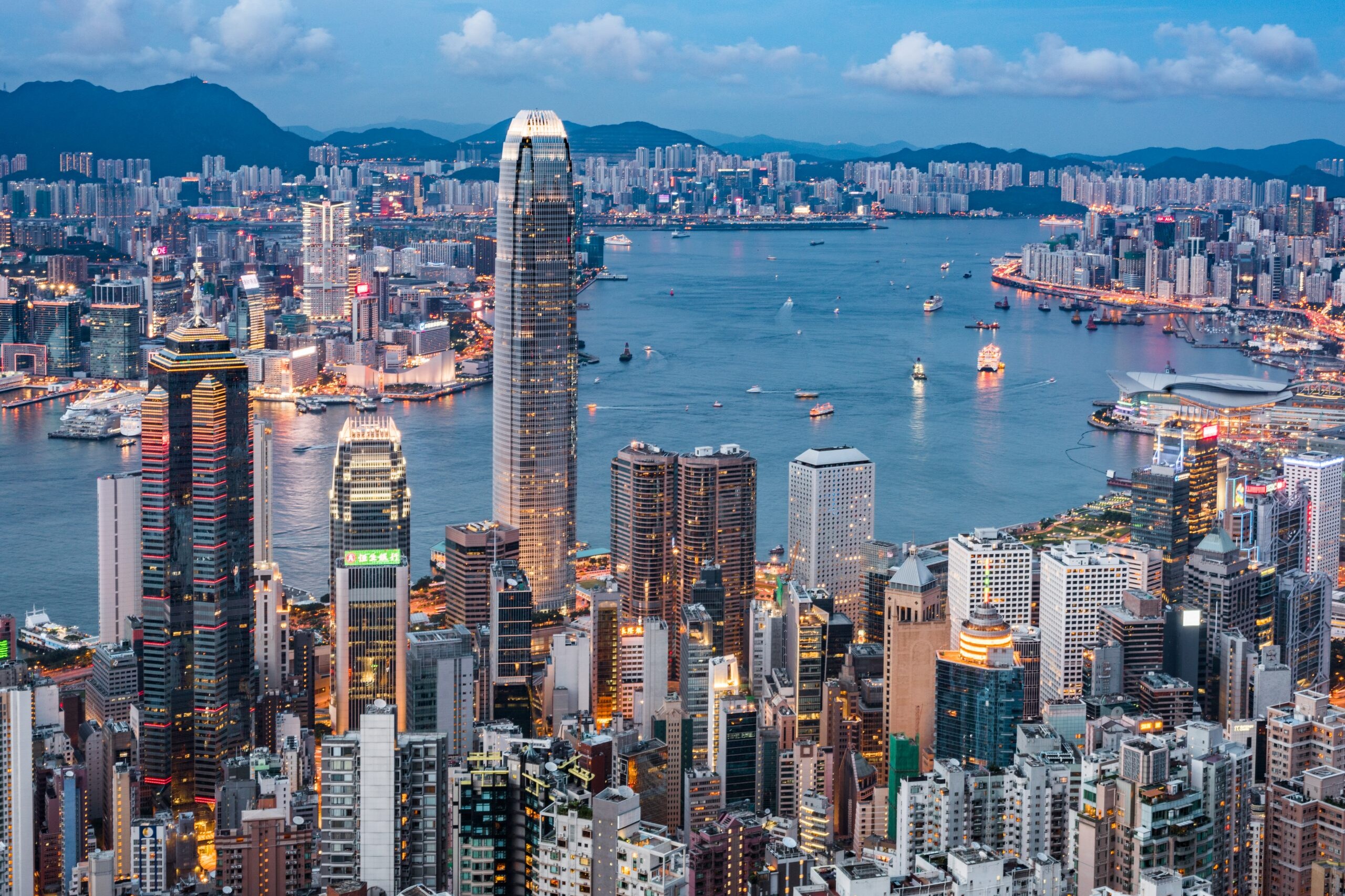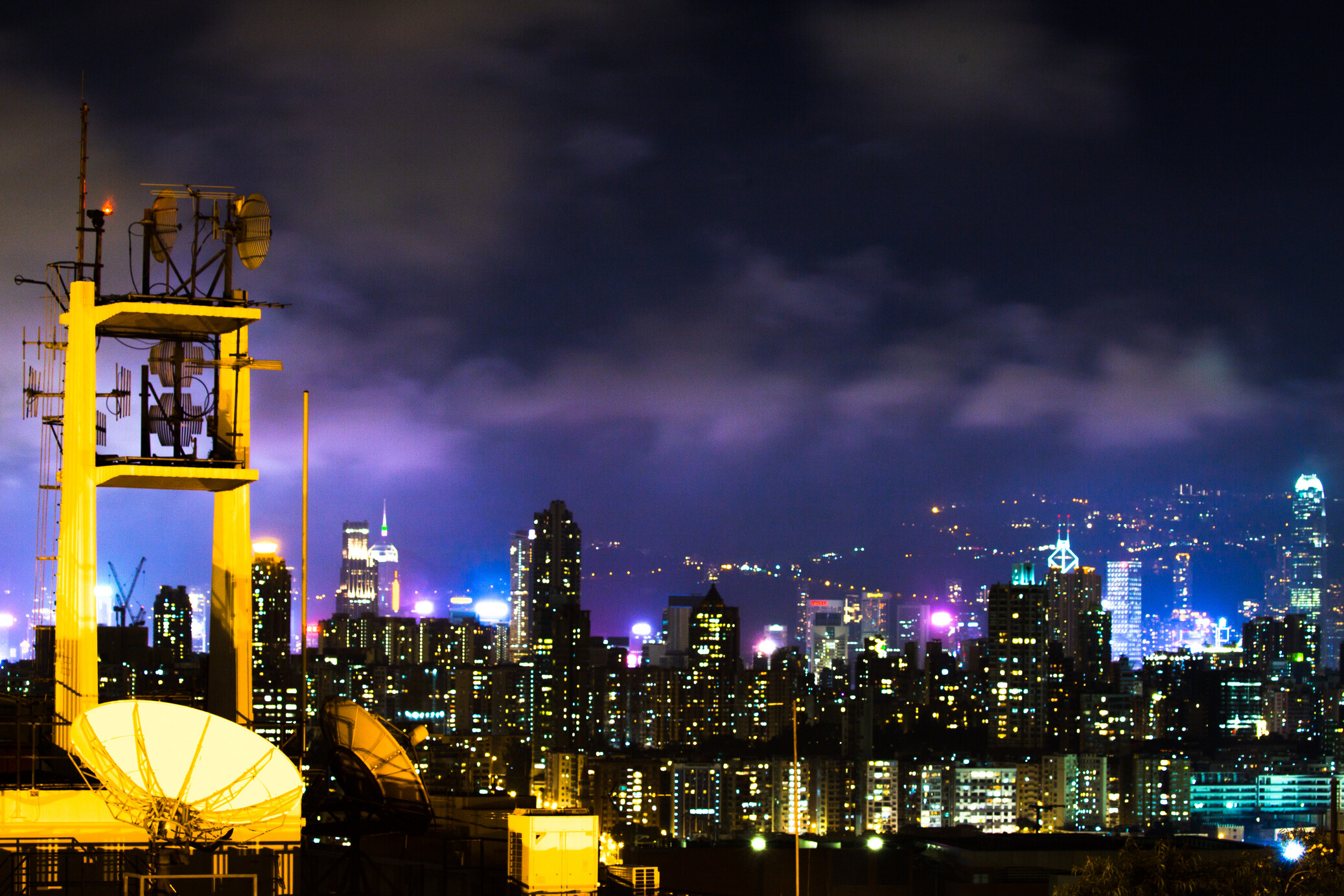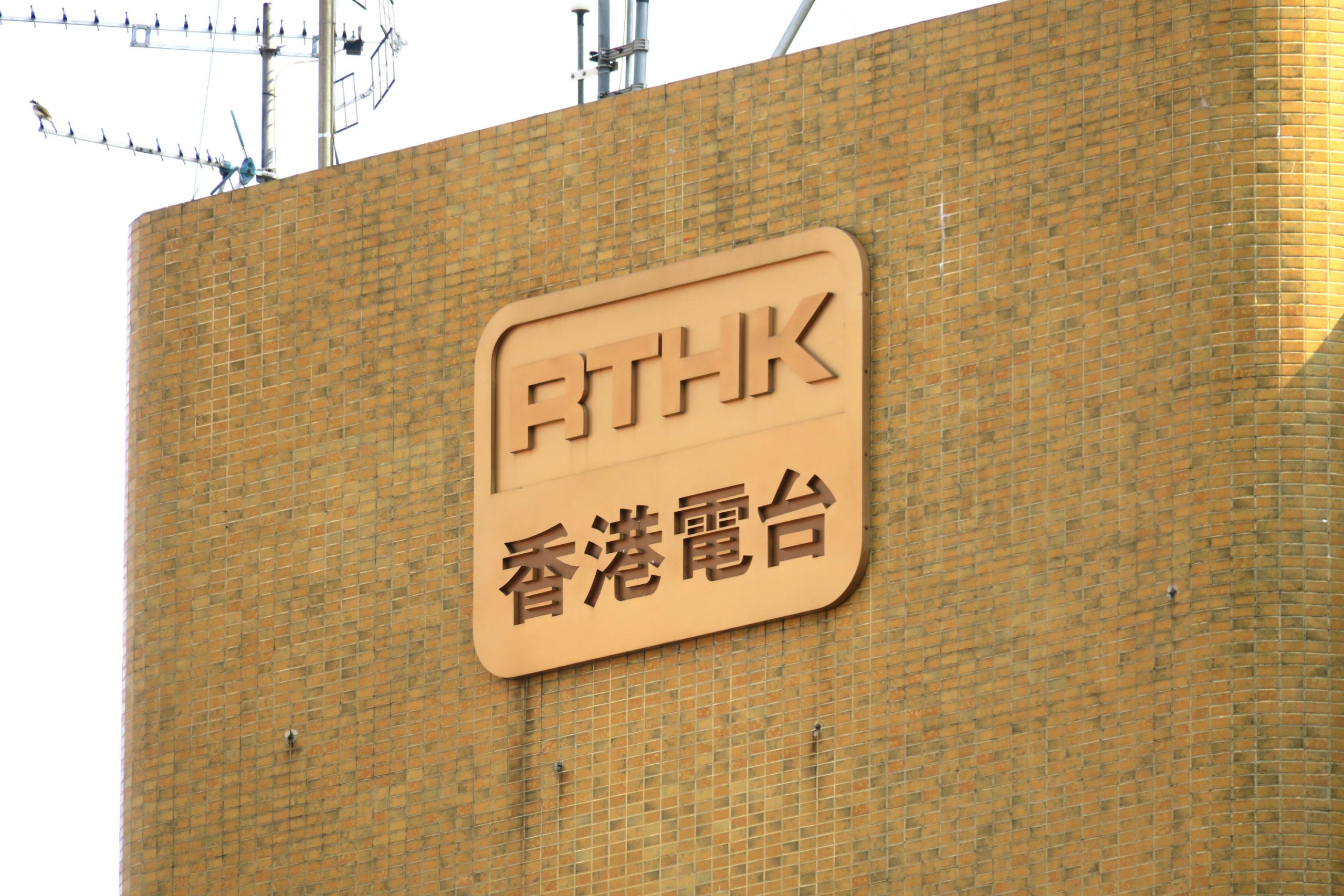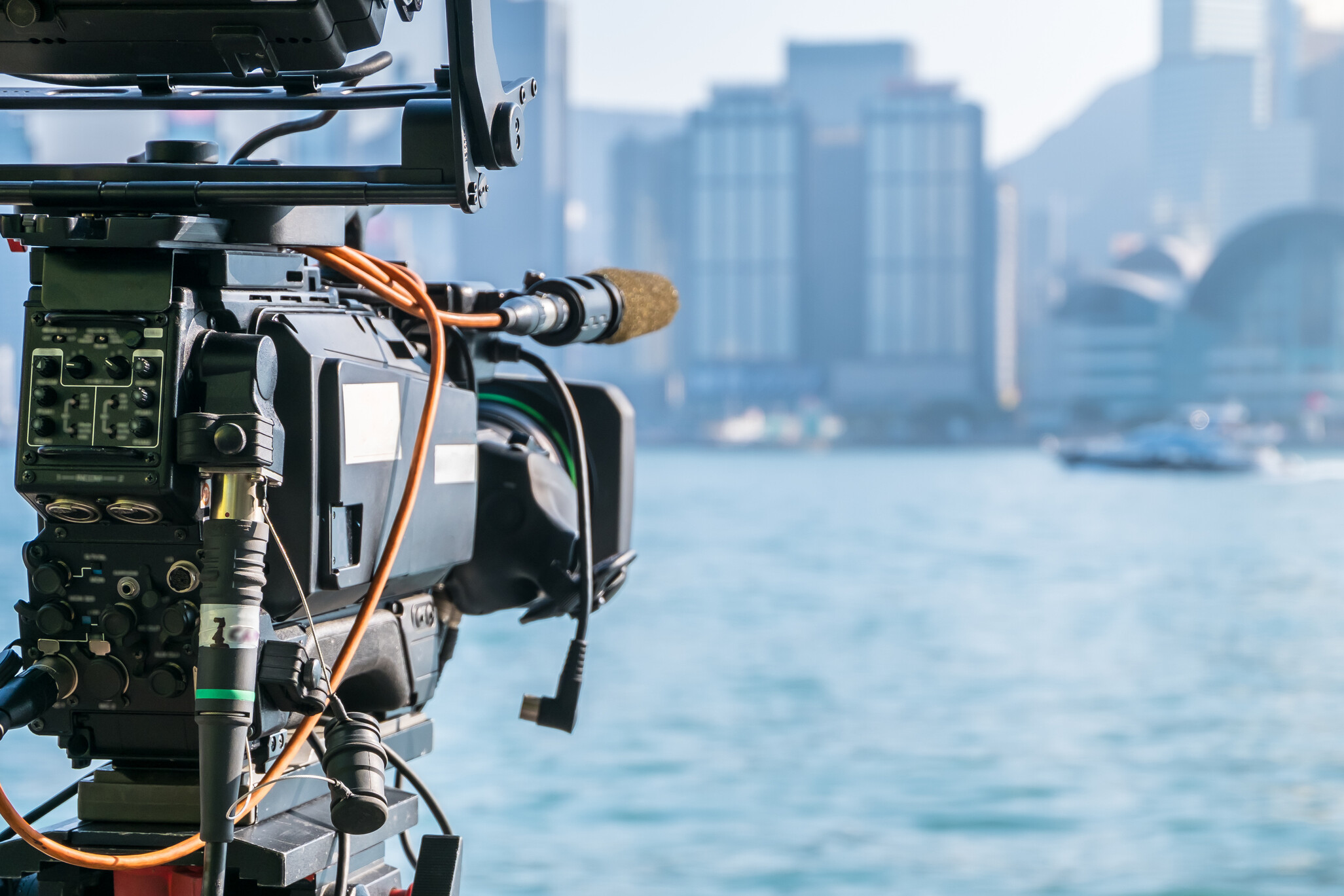New editorial guidelines for RTHK will limit its independence and undermine key public media values as part of ongoing efforts to silence critical journalism.
On 29 September, RTHK staff were issued with concerning new editorial guidelines outlining approaches to crime reporting, national interests, and contact with foreign governments or political organisations.
RTHK reports that the broadcaster is expected to “support the government in safeguarding national security and interests” and broadcast programmes that do not “provoke or deepen hatred, discrimination, or hostility towards the central government or the [Special Administrative Region] government.” Further, when it comes to mainland affairs and Taiwan, RTHK’s programmes must identify with national interests. The document also reminds staff to act responsibly online. Staff who breach the guidelines may face disciplinary actions.
“It states that under no circumstances should our programmes provide a platform to encourage, incite, promote, glorify, endorse or sympathise with any act or activity endangering national security or otherwise contain any contents which are contrary to the interests of national security,” Reuters reported. The document further encourages journalists to seek permission from their editors and managers to report on “sensitive” topics.
Read more: RTHK issues new editorial guidelines
The Hong Kong Journalists’ Association (HKJA) has criticised the editorial guidelines. “Anyone with a little media experience should be able to understand that it is often counterproductive to issue one-way, top-down instructions … because it turns news organisations into production lines for churning out scripts,” HKJA said.
These new guidelines go against the very principles of public service media. By mandating RTHK to blindly act in “national interests”, the Hong Kong government is creating a conflict with the broadcaster’s chartered commitments to editorial independence, impartiality, and representing the plurality of voices in society. The unclear nature of the guidelines also drive self-censorship since staff will have to choose between presenting the views of the Hong Kong government or face disciplinary action if they are found to be in breach of the guidelines. The ultimate commitment for truly independent public media should be to high quality, fact-based journalism – not political interests.
Targeting other independent media
The Hong Kong government continues to target the now-defunct Apple Daily newspaper, which was forced to close in late June. The South China Morning Post (SCMP) reports that authorities have gone to court to request the liquidation of Apple Daily’s parent company, Next Digital. In a court petition, Financial Secretary Paul Chan Mo-po stated that winding down the company was in the public interest.
While some of the company’s directors had called for liquidation to allow employees and creditors to be paid, Next Digital was unable to undertake the process itself since it had no one in a management position to appoint as liquidator. The company also needed to prove it had more assets than liabilities. SCMP reports that a former desk editor at Apple Daily questioned whether the government’s liquidation of Next Digital would help authorities gain access to sensitive company information such as minutes of board meetings and emails.
Next Digital has been a target of the Hong Kong government since the introduction of the National Security Law in June 2020. Since then, owner Jimmy Lai has been arrested, the company’s offices raided, and HK$18 million in assets were frozen.
Meanwhile, six former employees of Apple Daily and Next Digital recently had their national security law cases transferred to Hong Kong’s High Court. There, the maximum penalty is life imprisonment, HKFP reports.
Former Next Digital CEO Cheung Kim-hung and Apple Daily’s former editor-in-chief Ryan Law are accused of conspiring with Jimmy Lai to collude with foreign powers. Four other ex-employees are accused of conspiring with Cheung, Law, Lai and three of Apple Daily’s companies to request external forces or foreign countries to “impose sanctions or blockade, or engage in other hostile activities against Hong Kong or China”.
Other independent media have come under fire since the National Security Law was deployed. Most recently, the Hong Kong Journalists Association (HKJA) has come under a hailstorm of accusations from the government and police. The accusations range from allegations of HKJA “infiltrating schools” to recruit student as journalists, to it being biased towards pro-democracy newspapers. HKJA, which has over 500 members, says the accusations are meant to push the association to close.
“I would say they are trying to add some pressure to us, maybe they hope to see we may disband as well as other community groups. We won’t,” Chan said in an interview with VOA.
And two media houses were barred from attending a celebration of Chinese National Day, HKFP reports. Interestingly, the event was organised by the local media sector. However, the barred media organisations were reportedly told that coverage of the event was “by invitation only”. RTHK Director of Broadcasting, Patrick Li, was among the organisers of the event.
Header Image: HONG KONG – APR 09, 2020: The RTHK (Radio Television Hong Kong, 香港電台) logo on top of their Television House. RTHK is a public broadcaster providing radio and television services in Hong Kong. Credit: Alois Oscar/Shutterstock.com
Related Posts
5th October 2021
Hong Kong: Tightening grip of the National Security Law
New crimes are being prepared under the…
3rd September 2021
Six dark months: A timeline of RTHK’s decline
A new partnership with China’s state…
29th July 2021
Hong Kong: Undermining of public media, independent journalism continues
The fallout from the closure of…



